From The Ground Up
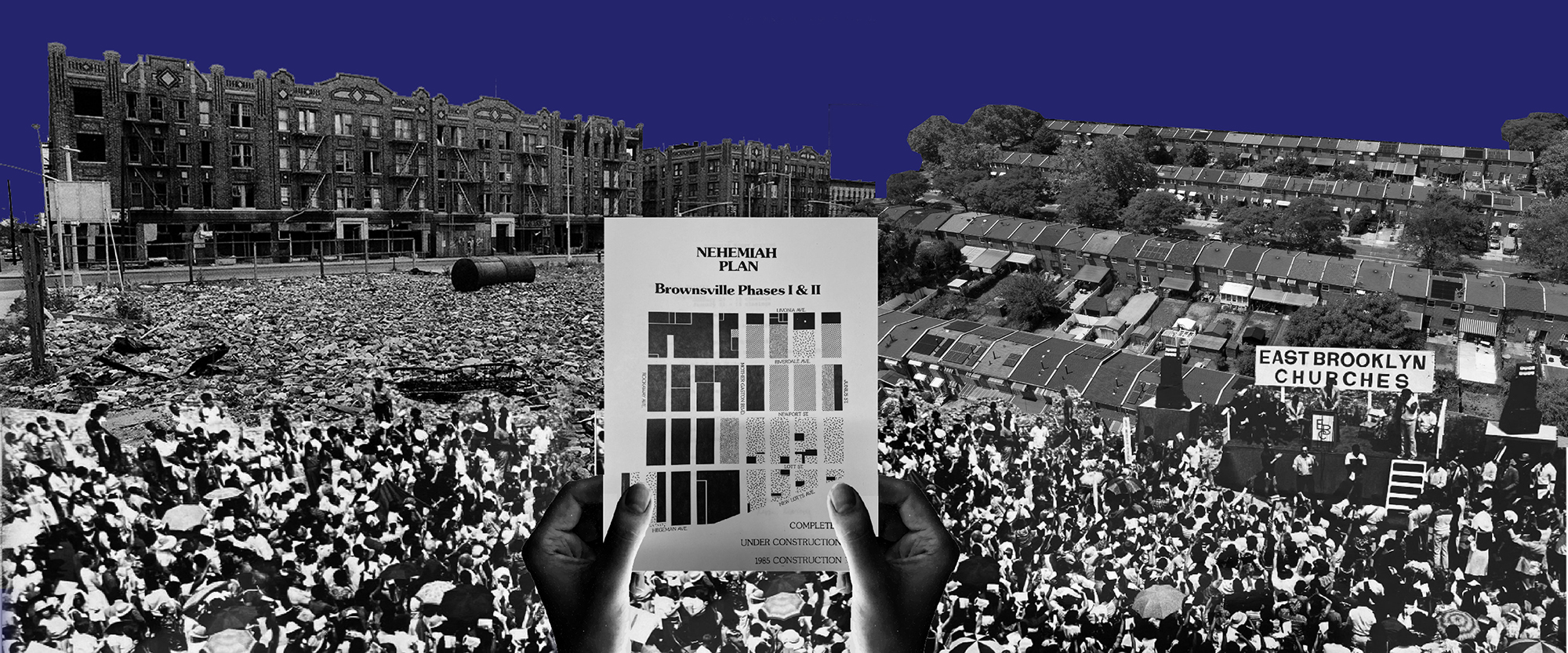
About
From The Ground Up: Oral Histories of East Brooklyn Congregations' Nehemiah Homes celebrates the leaders and homeowners who have carried out an unprecedented effort to create a safe, affordable community in East Brooklyn. Named for the 5th-century Jewish prophet who led his people in rebuilding the walls of Jerusalem, the Nehemiah homes were founded as a series of owner-occupied dwellings built on formerly-abandoned city land. After organizing to clear blighted land, current and aspiring homeowners banded together to envision a strategy for building not only housing, but also a supportive infrastructure and a larger sense of community that would endure for generations. This historic development was made possible by the deeply-rooted, neighborhood and congregation leaders of East Brooklyn Congregations (EBC), an affiliate of the Industrial Areas Foundation (IAF), the nation’s oldest and largest network of non-partisan citizen’s organizations.
The first Nehemiah homeowners were largely working people of color, including a large percentage of recent immigrants, who were otherwise denied affordable housing opportunities. Owing to a legacy of racism in local housing markets and housing policies, these New Yorkers faced significant hurdles in their efforts to achieve the American Dream of homeownership. As an exemplary piece of organizing work, Nehemiah created equity where none existed before.
Beginning in 1982 with 1,100 units in Brownsville, Brooklyn, and now numbering over 5,000 throughout the borough, the Nehemiah neighborhoods represent one of the most successful generational wealth-building programs in U.S. history. In addition to documenting the overlooked history of Nehemiah’s formation, this project serves narrators’ current efforts to preserve and expand NYC’s affordable housing stock. Today’s Nehemiah leaders remain intent on passing the program’s benefits along to future generations.
Taken collectively, these oral histories present home ownership as a crucial means of accessing the American Dream. This notion takes numerous shapes in the lived realities of narrators. Many Nehemiah homeowners are immigrants for whom home ownership would have been inconceivable if not for the Nehemiah program. Faced with discrimination and scarce job prospects upon arrival in the U.S., purchasing an affordable home played a big role in helping these immigrant families become a part of the American story. Due to the extremely low-mortgage rates afforded by the program, many Nehemiah families also highlight their ability to cover a higher level of education for their children.
Several narrators also emphasize the importance of gaining access not only to a home, but also to an intentional community maintained by generational grassroots efforts to continually improve infrastructure and quality of life. Underlining all these oral histories is a certain reverence for the program’s ability to revitalize forlorn neighborhoods and build generational wealth among the previously disenfranchised.
Values, Purpose, and Methods
This act of preservation requires people-power. We will use the oral histories as a means to organize new Nehemiah neighbors and other local leaders as part of an ongoing fight to build more affordable community and protect the existing Nehemiah neighborhoods from unregulated development.
These oral histories provide qualitative snapshots of the grassroots work that goes into building homes, the rewards reaped by homeowners, and the ongoing labor of preserving the Nehemiah neighborhoods. The statistical success of the Nehemiah effort has been well documented by the work of Nehemiah HDFC, the program’s development arm. The oral histories complement statistical data, offering a nuanced history of the Nehemiah effort and expanded opportunities to learn from the model. Nehemiah has raised up thousands of affordable units on underutilized land, and accrued tens of millions of dollars in property wealth for predominantly black and brown Brooklyn families.
The project is being conducted by grassroots oral historian Phillip Norman under the advisement of an intergenerational team of Nehemiah homeowners and other EBC leaders. Applying his own experience as a citizen leader in the IAF tradition, Phillip is helping project narrators think about the most effective ways to share their stories in service of their current organizing goals.
We have completed twenty oral histories for the project, several of which are on view as an online exhibit. Now in its education stage, the project team is pursuing opportunities to share these narratives within and beyond the Nehemiah neighborhoods.
Team and Collaborators
The project is being conducted by grassroots oral historian Phillip Norman under the advisement of an intergenerational team of Nehemiah homeowners as well as other EBC leaders and organizers. The advisory team members are: Eleanor Pinckney, Shantel Palacio, Jason Minnis, Anna London, Fr. Edward Mason, Alberto Hernandez, Rob English, Matilda Dyer, Patrice Jennings, Carmen Daniels, Zandra Brockman, and Julie-Rose Gould.
From the Ground Up began a collaboration with the Housing Justice Oral History Project (HJOHP) in Spring 2024. Through this collaboration, the oral history interviews will be edited, indexed, and included in the HJOHP's platform with the assistance of New School's PhD Candidate Aneta Kohoutová and MA in Historical Studies student Gant Roberson. This collaboration is being coordinated by oral historian Lynn Lewis.
Overarching Themes
- Generational Wealth-Building
- Home Ownership/Equity
- Immigrant Communities
- Relational Organizing
- Neighborhood Revitalization
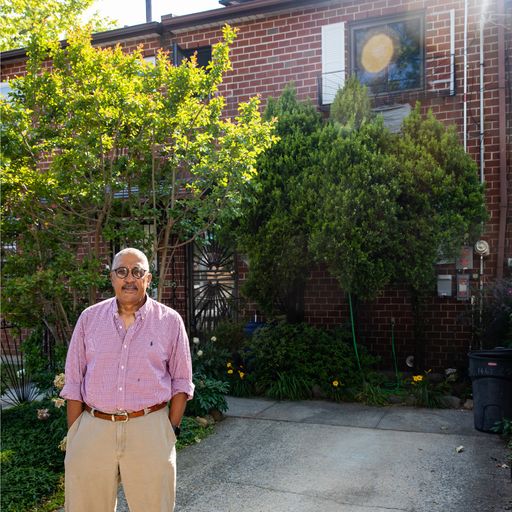 Alberto Hernandez
Alberto Hernandez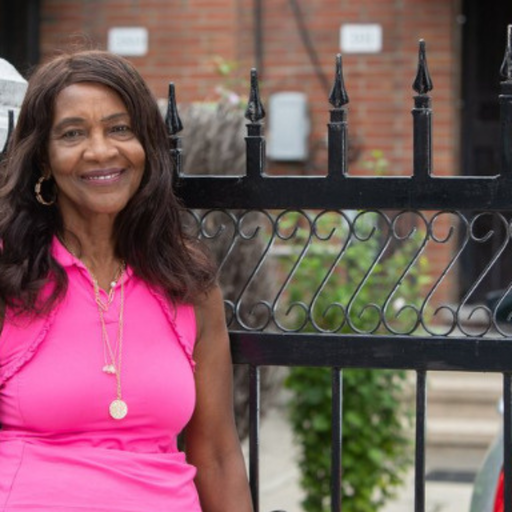 Carmen Daniels
Carmen Daniels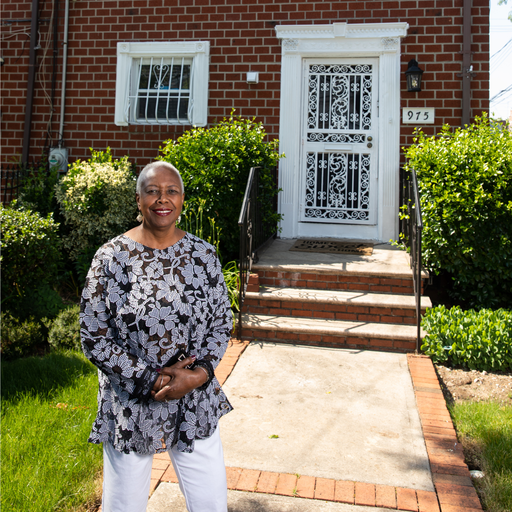 Eleanor Pinckney
Eleanor Pinckney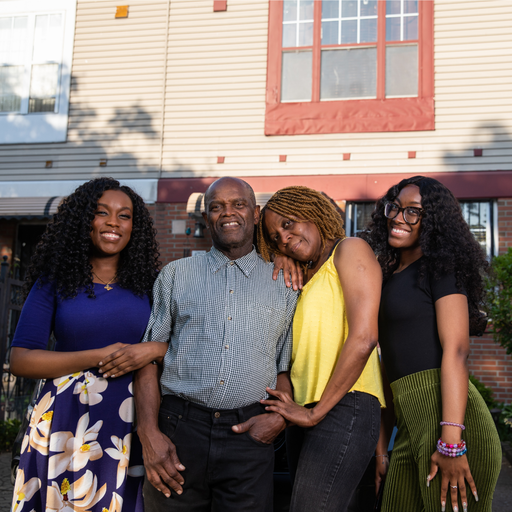 Gould Family
Gould Family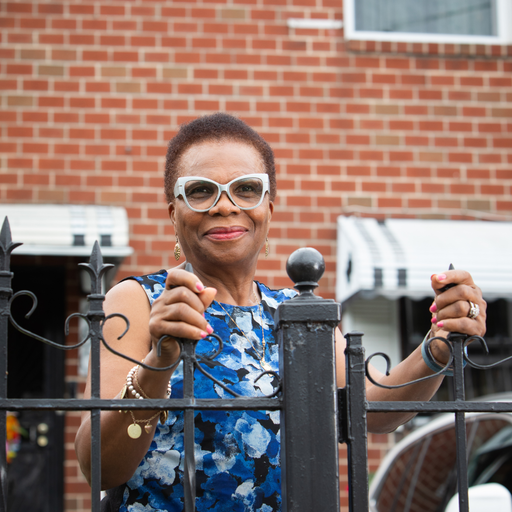 Matilda Dyer
Matilda Dyer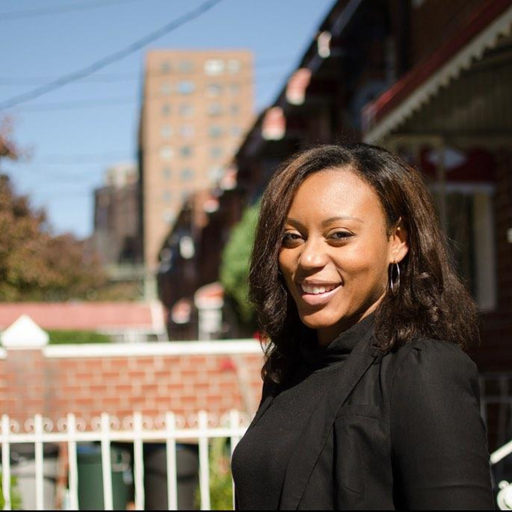 Shantel Palacio
Shantel Palacio